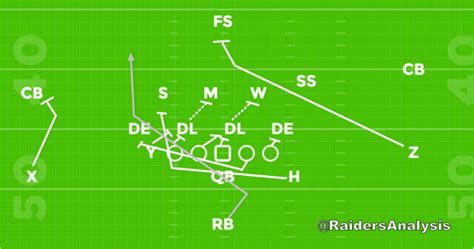I will be writing this short paper as a summary of Thomas Hobbes political philosophy. I will be drawing from our classes text by Hobbes and from our class lecture. I will begin by introducing Thomas Hobbes and discussing the historical and philosophical milieu that surrounded him. This is important to get a sense of his worldview, which impacts his political philosophy. Next, I will describe his political philosophy, emphasizing its two most important aspects: theory of human nature and the social contract. Then, I will conclude the paper by going through the smaller details of his political philosophy.
Historical and Philosophical Surroundings
Hobbes lived from the end of the 1500’s through most of the 1600’s. His most important work on Political Philosophy was written in 1651 with the title: Leviathan. Dr. Kirwan cites 4 important historical influences on Hobbes: 1) the 30 years war, 2) the English Civil War, 3) the Scientific Revolution, and 4) John Calvin’s Protestantism. All 4 of these historical influences will have major ramifications on his anthropology and by extension political philosophy.
The wars led Hobbes to a dark vision of human nature. The scientific revolution also led Hobbes to philosophical positions that contribute to his darker anthropology. In particular: materialism, empiricism and nominalism. The Protestant influence informs his belief in the Divine Right of Kings, which is a major element of his Political Philosophy.
Human Nature and Social Contract
As mentioned in the introduction, the two major elements of Hobbes political philosophy are his perspective on human nature and the social contract. Hobbes begins his treatment of human nature by describing human beings as equal. This equality stems from the common rational nature. Even though one man may be stronger than another man, the rational nature makes them equal. The less strong man can beat the stronger “by secret machination, or by confederacy with others, that are in the same danger with himself.”
This equality, though, breeds quarrels which lead to violence and war. Men seek competition, diffidence and glory which lead to quarrels. This leads to invasion for the end of gain, safety or reputation. It is in this way, that war is natural to man. Famously, Hobbes states: “the life of man [is] solitary, poor, nasty, brutish and short.”
It is easy to psychologize Hobbes by saying that he saw two brutal wars in his own day, so his philosophy is too personal. However, war seems largely normative to human life. Any knowledge of history demonstrates the seeming constancy of war in human life. And so, I think it is valid to debate the merits of Hobbes' problem and the solutions that he proposes.
And so, given the constancy of war in human life, things like morality, justice and law are arbitrary and convention. It is this problem that Hobbes seeks to correct with his political philosophy. He does so through the Social Contract.
His first premise to solving the problems of human nature is that men should seek peace, and only use war as a means of achieving peace. His second premise is that men need to realize that you need to give up some lesser rights to maintain this fundamental seeking of peace. He understands this to be a covenant. Namely, to acquire higher goods, you have to concede lower ones. He goes on to give several more laws that have to do with justice between men.
Next, Hobbes argues that to protect and preserve this commonwealth that is ordered toward peace, there needs to be a King. “The only way to erect such a common power, as may be able to defend them from the invasion of foreigners, and the injuries of one another...by their own industry, and by the fruits of the earth, they may nourish themselves and live contentedly; is to confer all their power and strength upon one man...that they may reduce all their will, by plurality of voices, unto one will.” Notice in the quote, Hobbes argues that this is necessary defensively, but also offensively. The King is necessary to fend off invaders and insurrection, but also to best utilize resources to make the society profitable. And so, for Hobbes, to solve the brute violence of human nature, men need to enter into a covenant with society. They need to give up some of their freedoms to one man, so that he can rule them towards peace. This is the social contract.
Hobbes goes on to describe what rights and authority a sovereign (King) has in this system. It is difficult to summarize what these rights are, because this section is extensive. I will leave it at this: the Sovereign has the exclusive and exhaustive authority in the commonwealth. Any splintering of this authority is misplaced. Next, he describes what types of things lead to the breaking of the commonwealth. He includes here: desire for absolute power, conscience of individuals to determine right and wrong, seeking sanctity through faith rather than reason, subjecting the sovereign to civil laws, among others.
Conclusion
Thomas Hobbes political philosophy involves the identification of a major problem in human nature and a proposal to solve the problem. The problem is that man is easily disposed to violence and war. This leads to unsatisfactory lives. His proposed solution is the Leviathan. Just as the beast is a mix of multiple different parts working together as a whole, so politically, men should give up freedoms to an absolute sovereign. By doing so, they will secure protection, security, and better allocation of resources. By entering into the social contract we can secure peace, which is the goal of political life.


No comments:
Post a Comment